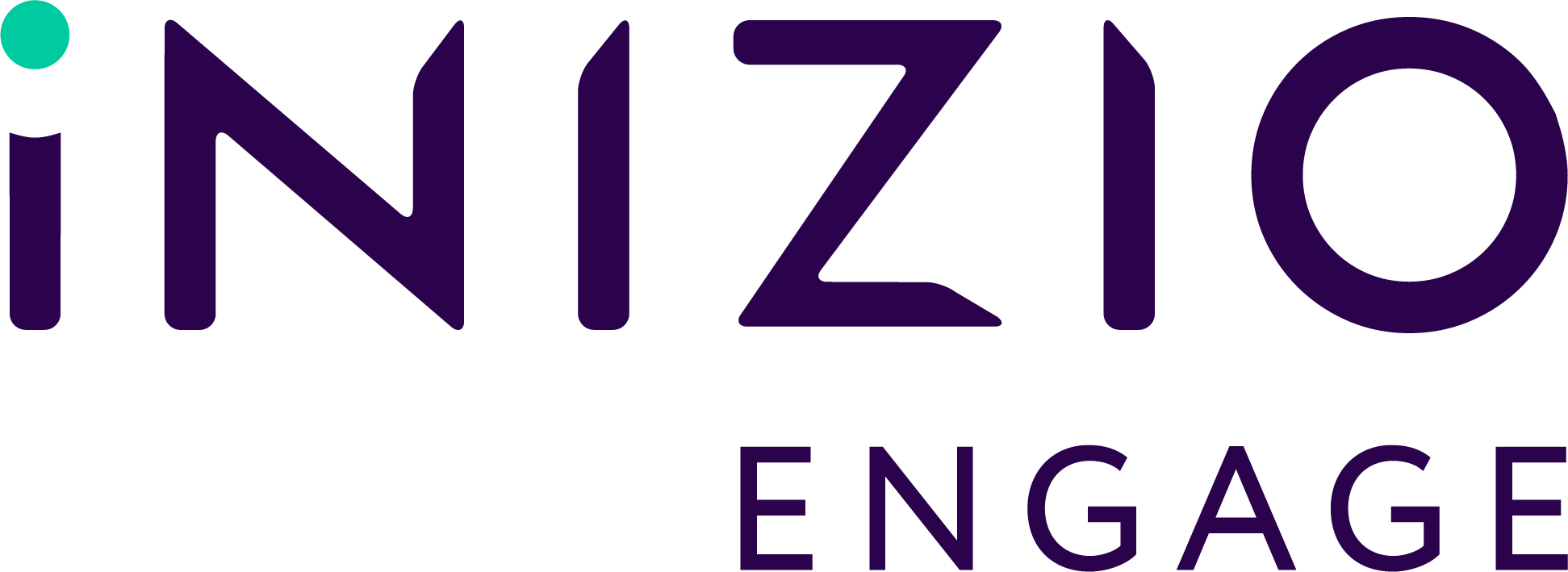Our nurse teams are improving the quality of life for a wider range of populations.
CASE STUDY (UK)
Adherence to a medication is an issue for all patient groups.
But at times, the patient support capacity within a particular governmental health system may not be sufficient enough to address all populations, particularly those suffering from physical and financial barriers to treatment.
In these situations, drawing upon an outsourced Patient Solutions partner can provide the needed resources in patient support.
The Challenge
Treatments for multiple sclerosis (MS) critically require regular blood monitoring to ensure long-term patient wellness and safety.
Our client, a multinational pharmaceutical company required a large-scale, multi-year, UK-wide phlebotomy service to support two of its treatments, particularly for one of the products which requires up to four years of monthly blood tests after the last infusion.
This requirement put enormous strains on the country’s National Health Service (NHS) where many community-based phlebotomy clinics have not reopened after the COVID pandemic.
For many patients who have mobility and cognitive issues (as well as those with nonflexible working) attending hospital visits for a blood draw can be hugely stressful, time-consuming and logistically challenging.
The Solution
A patient support team of highly trained, experienced phlebotomists have been deployed, who today visit over 630 patients a month. Each phlebotomist manages their own diary, booking patients, calling in advance to remind patients of the visits, collecting blood (and often urine) samples and taking them to over 50 different NHS partners.
Blood is typically taken at the patient’s home or work at a time that’s convenient for them. The phlebotomists also carry out patient monitoring, reporting any concerns or issues back to the patient’s physician.
The Results
The MS phlebotomy service has been consistently successful for over eight years, serving 4,000 patients with 9.95/10 rating in patient satisfaction.
The service has reduced pressure for the NHS, while supporting clinicians through patient monitoring.
The patients living with this life-changing condition have a reliable, personal service offering the highest clinical standards, ensuring their safety, often over many years.
Based on the hundreds of messages and overwhelmingly positive feedback, the immeasurable value the phlebotomists bring to patients in terms of improved convenience, reduced stress and a better quality of life is clearly demonstrated.
In summary
Pharmaceutical companies hold a unique position of influence and responsibility within the healthcare landscape – in this example driving change in the pursuit of health equity through collaborative initiatives and outreach programs that address practical and behavioral barriers.
plus d'informations
Jump to a slide with the slide dots.
Building engagement and culture through change.
We partnered with the R&D function of a global healthcare company to deliver a long-term engagement strategy that fits the pace, fuels the...
Read moreAn EVP that unlocks world-class potential.
We partnered with our client to co-create an authentic, people-powered Employee Value Proposition (EVP) that celebrates world-class projects...
Read moreChanging travel culture for lasting impact.
A global pharmaceutical company used the pandemic as a springboard to reshape travel behaviours, reducing unnecessary trips while empowering...
Read more